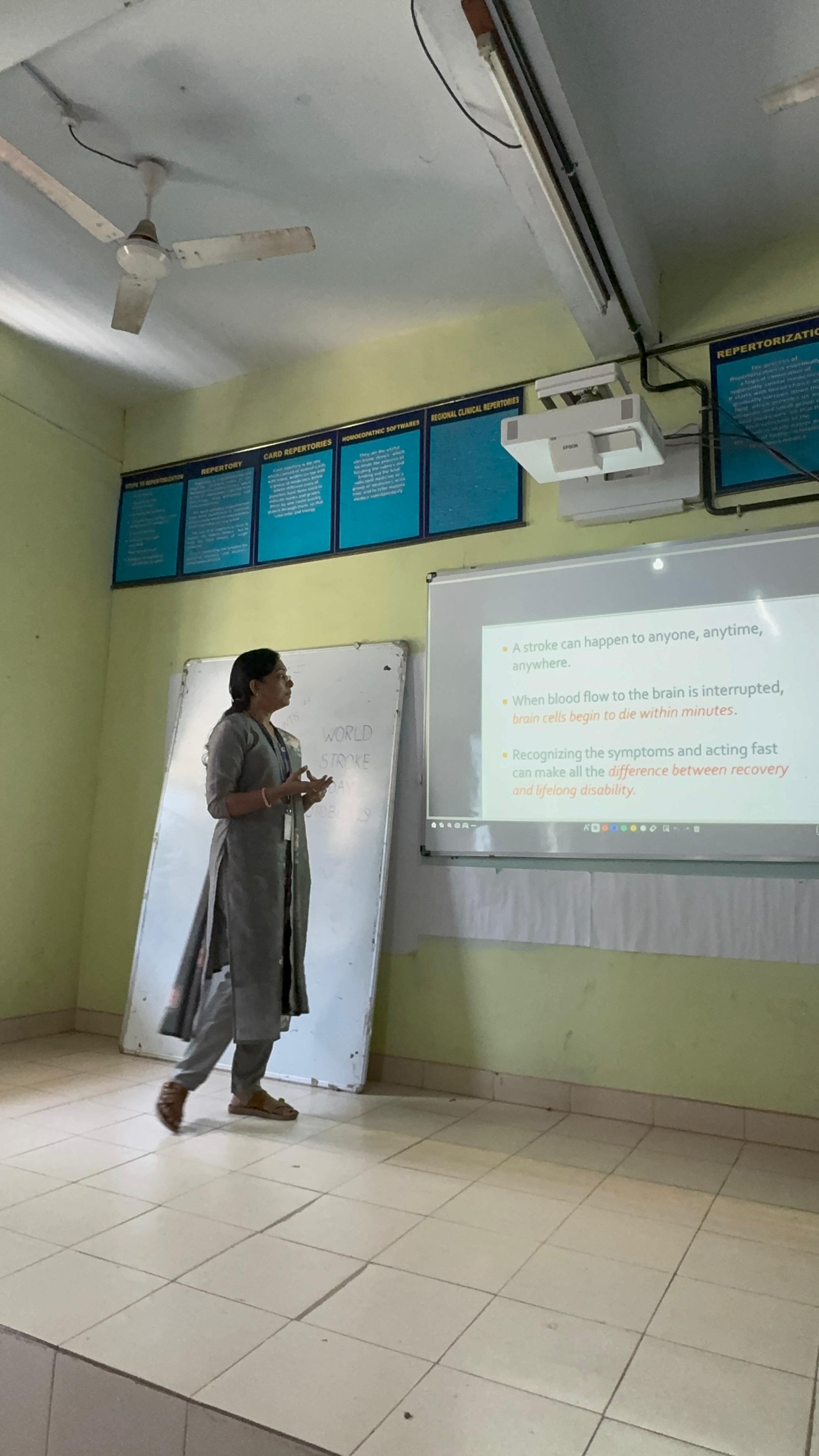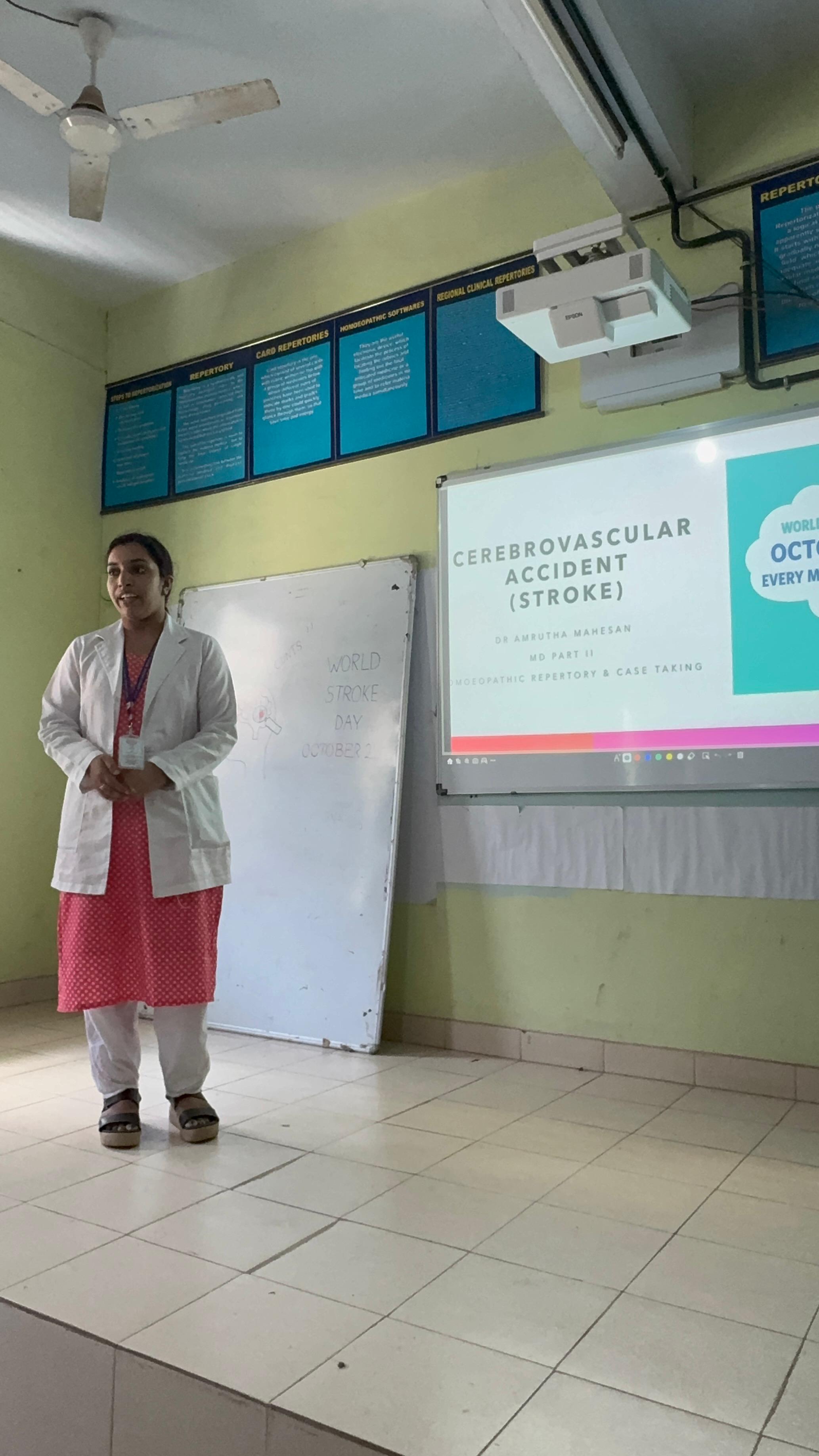
Homoeopathic Repertory & Case Taking
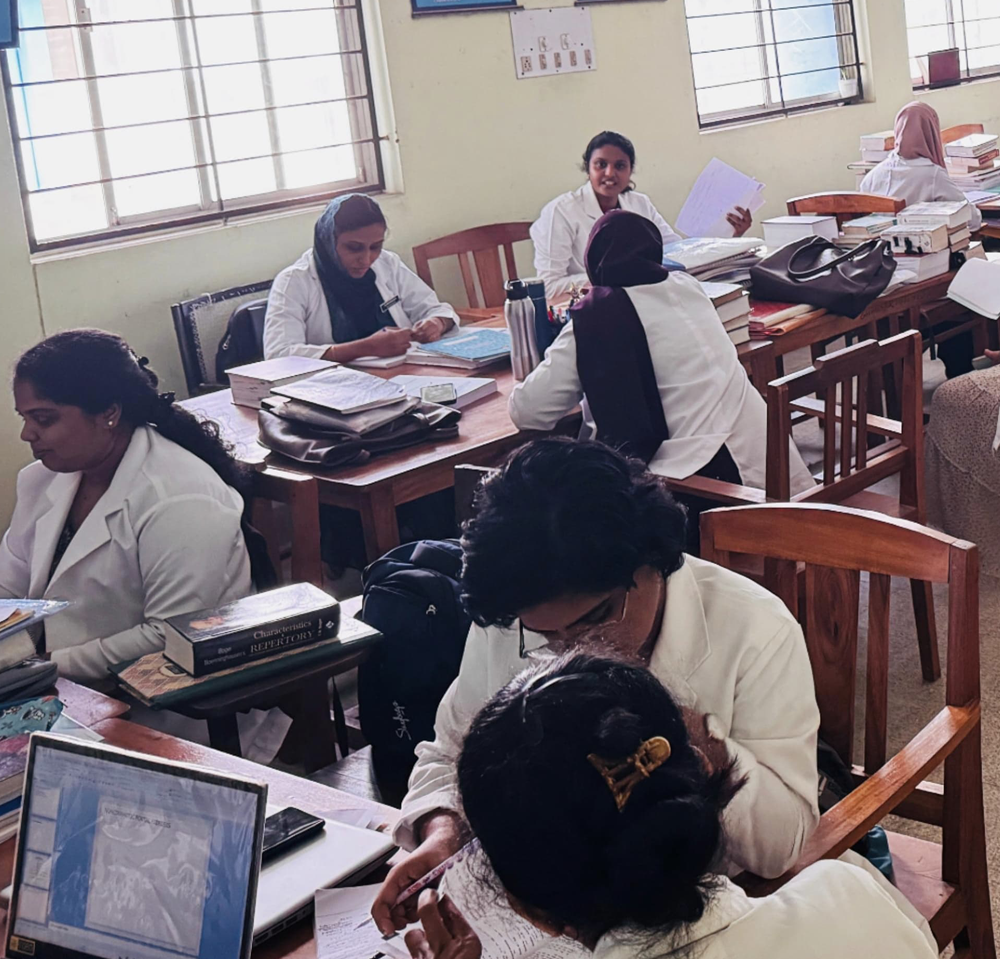
The Department of Repertory forms the analytical core of homoeopathic education, systematically training both undergraduate and postgraduate scholars in the science of precise case analysis. For UG students, we offer a progressive 5-year curriculum spanning from foundational rubric studies (1st year) to advanced clinical repertorization (final year). PG scholars engage in deeper explorations through specialized modules on repertory philosophy, comparative analysis of historical texts, and cutting-edge research applying AI tools to classical methodologies. The academic program is enriched by daily case discussions, hospital postings, national conferences, and interdisciplinary research projects where PG students mentor juniors. Our unique "Repertory Clinics" - daily sessions where PG candidates demonstrate complex case-solving - bridge the gap between classroom learning and real-world practice for all students under supervision of expert panel of faculty. With exclusive access to our Digital Repertory Lab and the Archives of Rare Repertories (50+ historical texts), we empower PG scholars to redefine contemporary homoeopathic practice while preserving classical wisdom. Our patient-focused methodology and blend of traditional and technological approaches produce students who excel in both theoretical knowledge and practical application.
Objectives
To train students to master classical and modern repertories (Kent’s, Boger’s, and digital tools) for accurate case analysis and remedy selection.
To integrate classroom learning with hands-on clinical experience in hospital OPDs and IPDs to ensure confident, patient-centered prescribing.
To encourage research in repertory, including comparative studies of repertorial approaches and software applications.
To promote critical thinking in rubric selection, repertorial evaluation, and materia medica correlation for holistic patient management.
To master the skills to excel in homoeopathic practice, academics, and research, meeting national and global standards.
Vision
To become a globally recognized center of excellence in homeopathic repertory education by blending classical homeopathic wisdom with modern technology, fostering clinical excellence, innovative research, and ethical practice to advance the science of homeopathic repertorization .
To cultivate highly skilled, ethical practitioners who can apply repertory knowledge with precision in clinical practice, contribute meaningfully to homeopathic literature, and address community health needs through repertory-based solutions.
Academic Activities
Structured Repertory Classes : Year-wise modules covering Kent’s Repertory,TPB, BBCR, various Clinical repertories, Modern Repertories, Softwares from basics to advanced applications as per NCH syllabus.
Case-Based Learning : Daily live case demonstrations and group discussions to enhance analytical and repertorization skills.
Computer Software Training : Hands-on sessions with software like RADAR, Hompath and ISIS for modern techniques of Repertorisation.

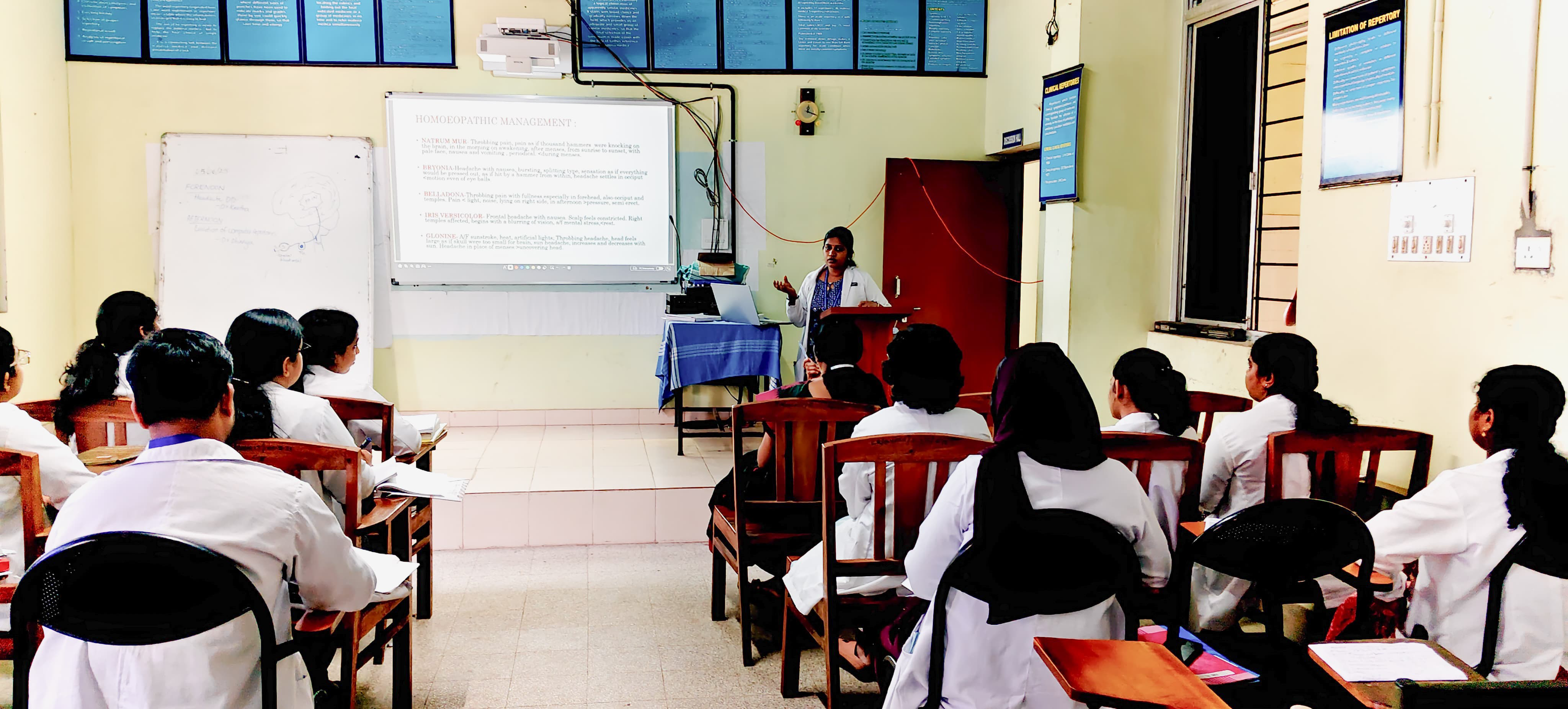


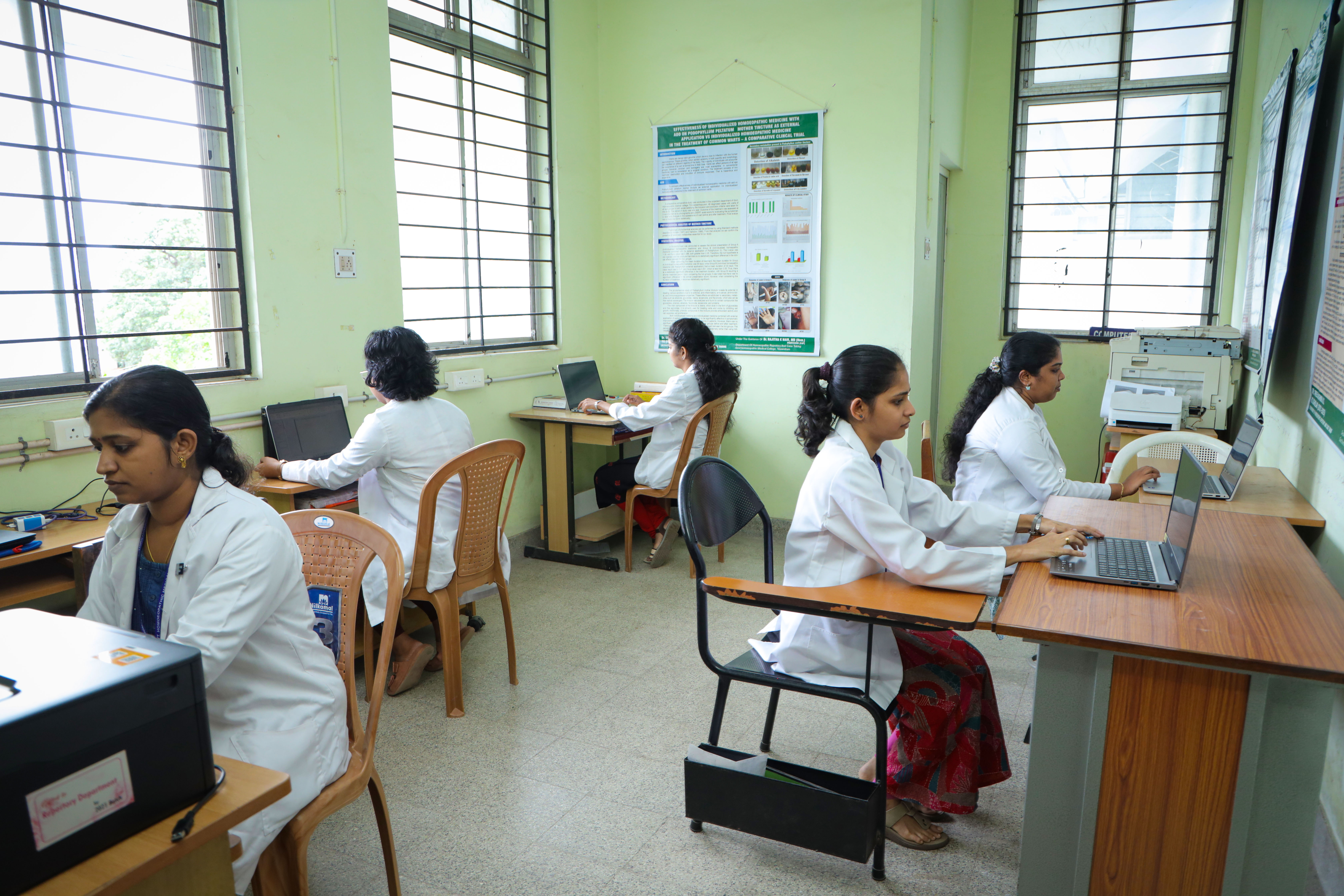
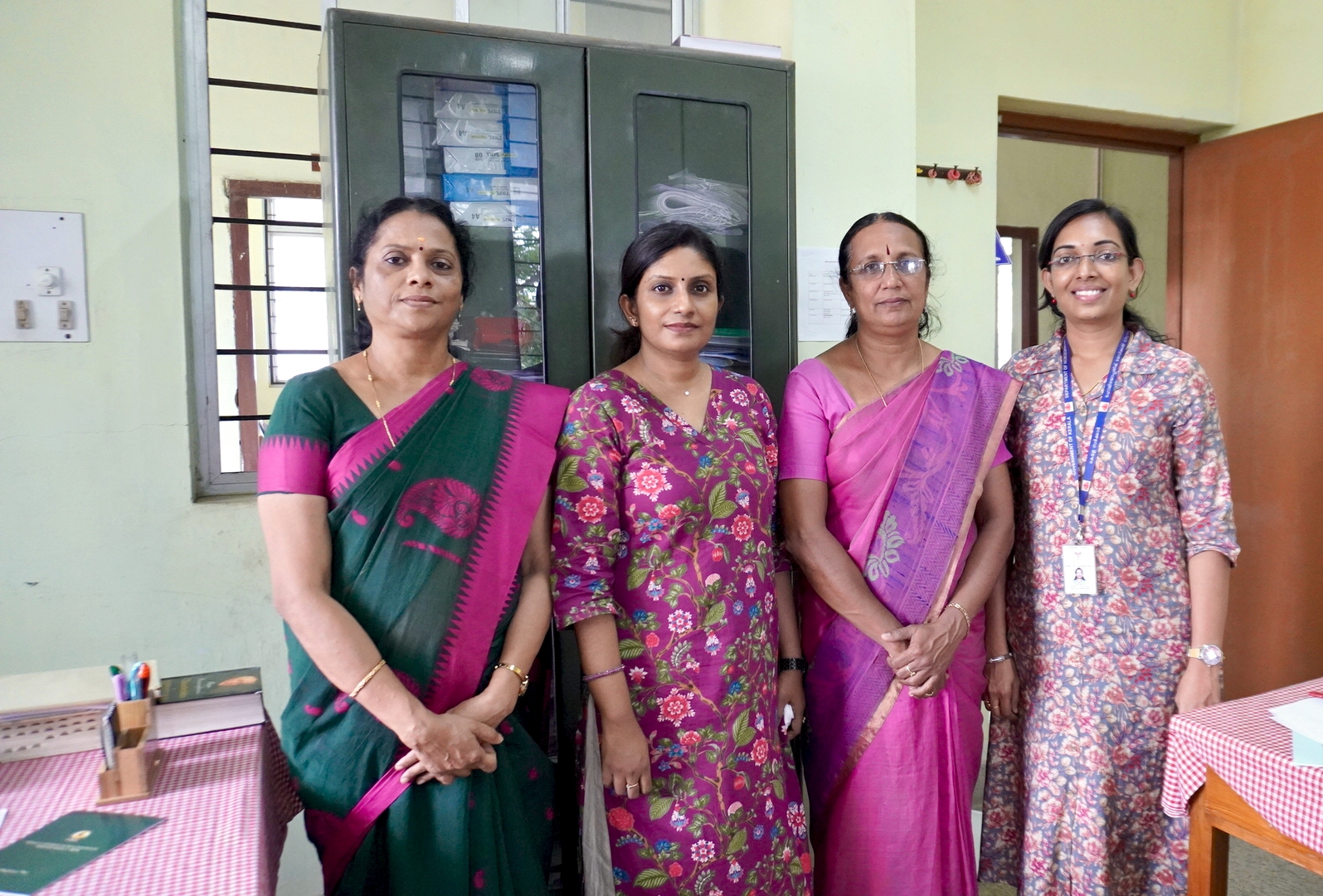
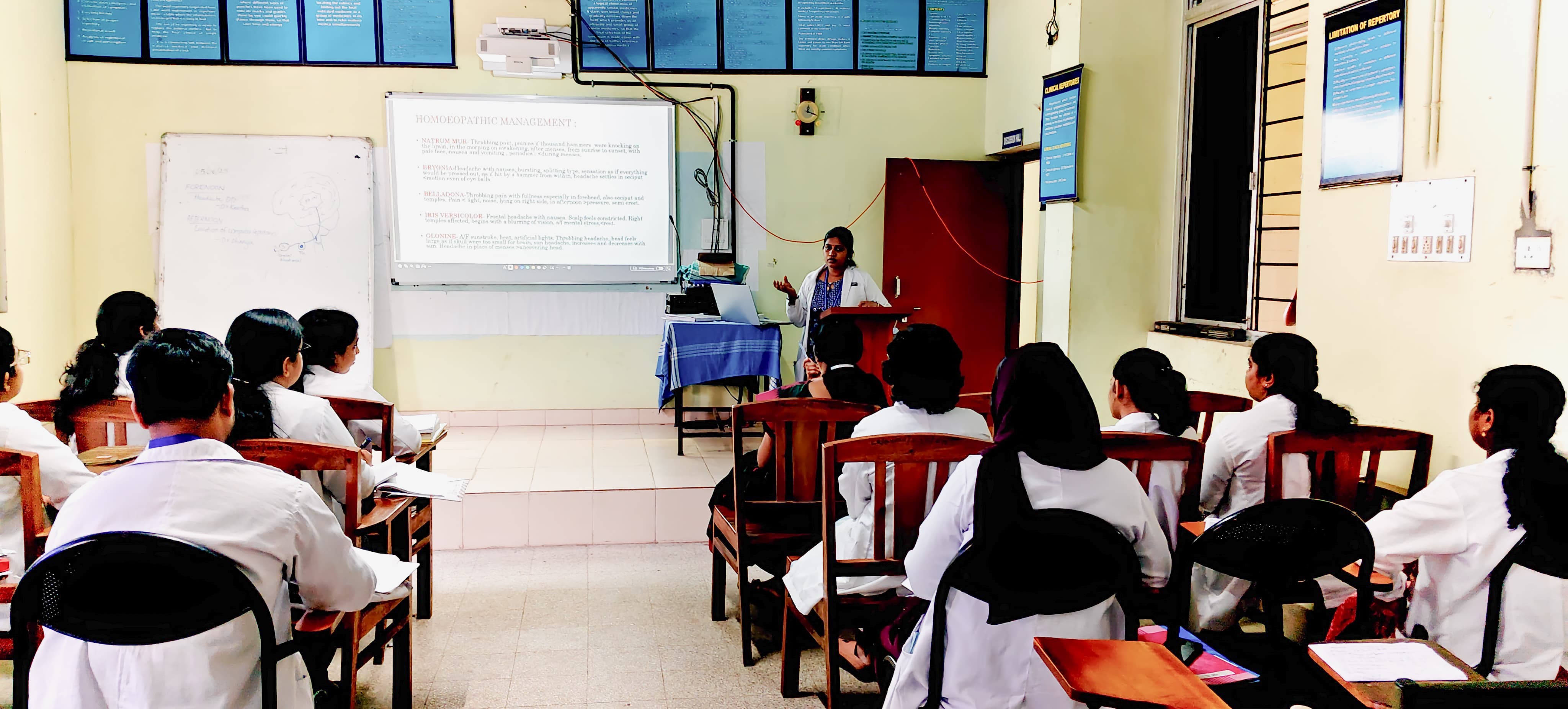
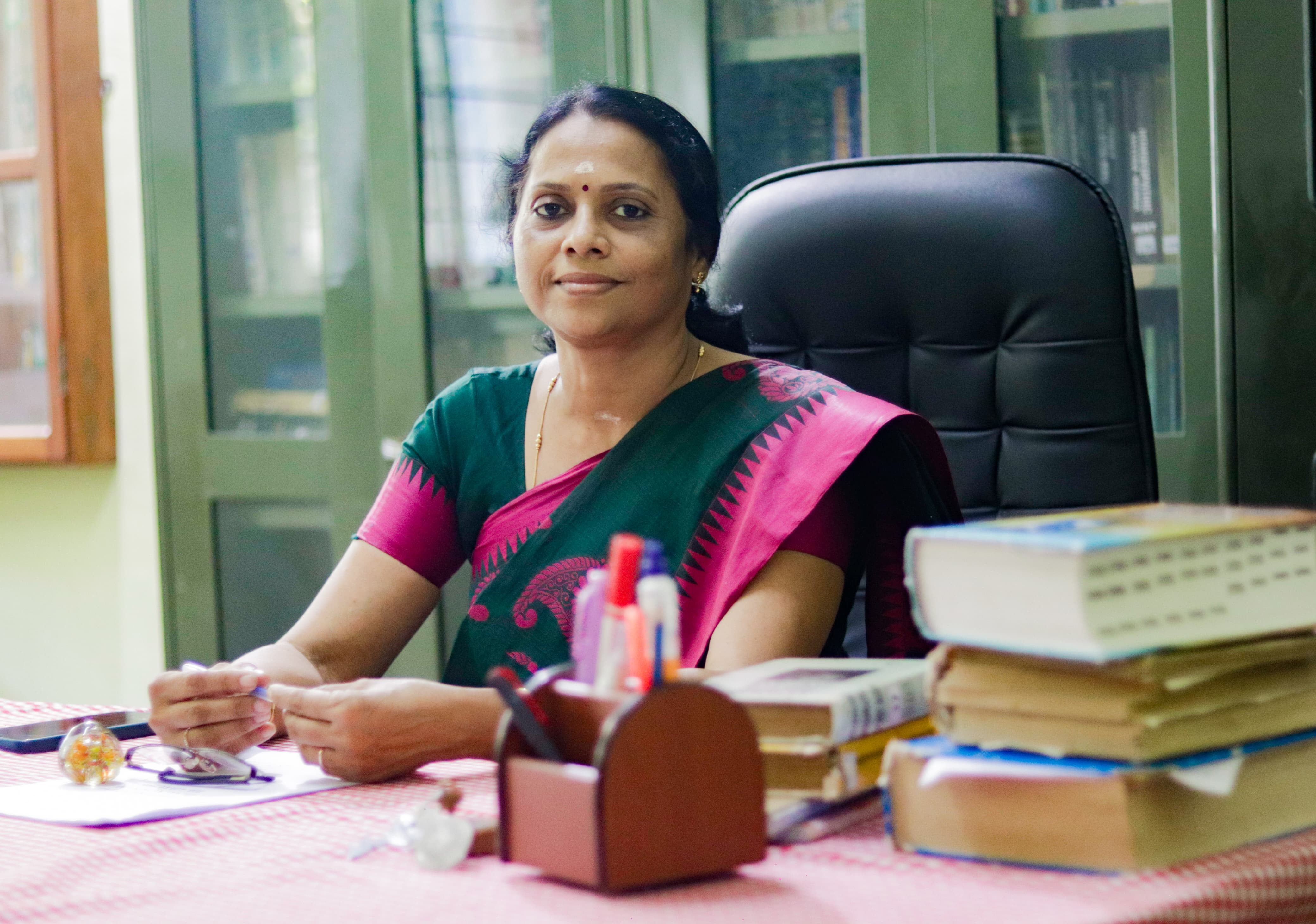
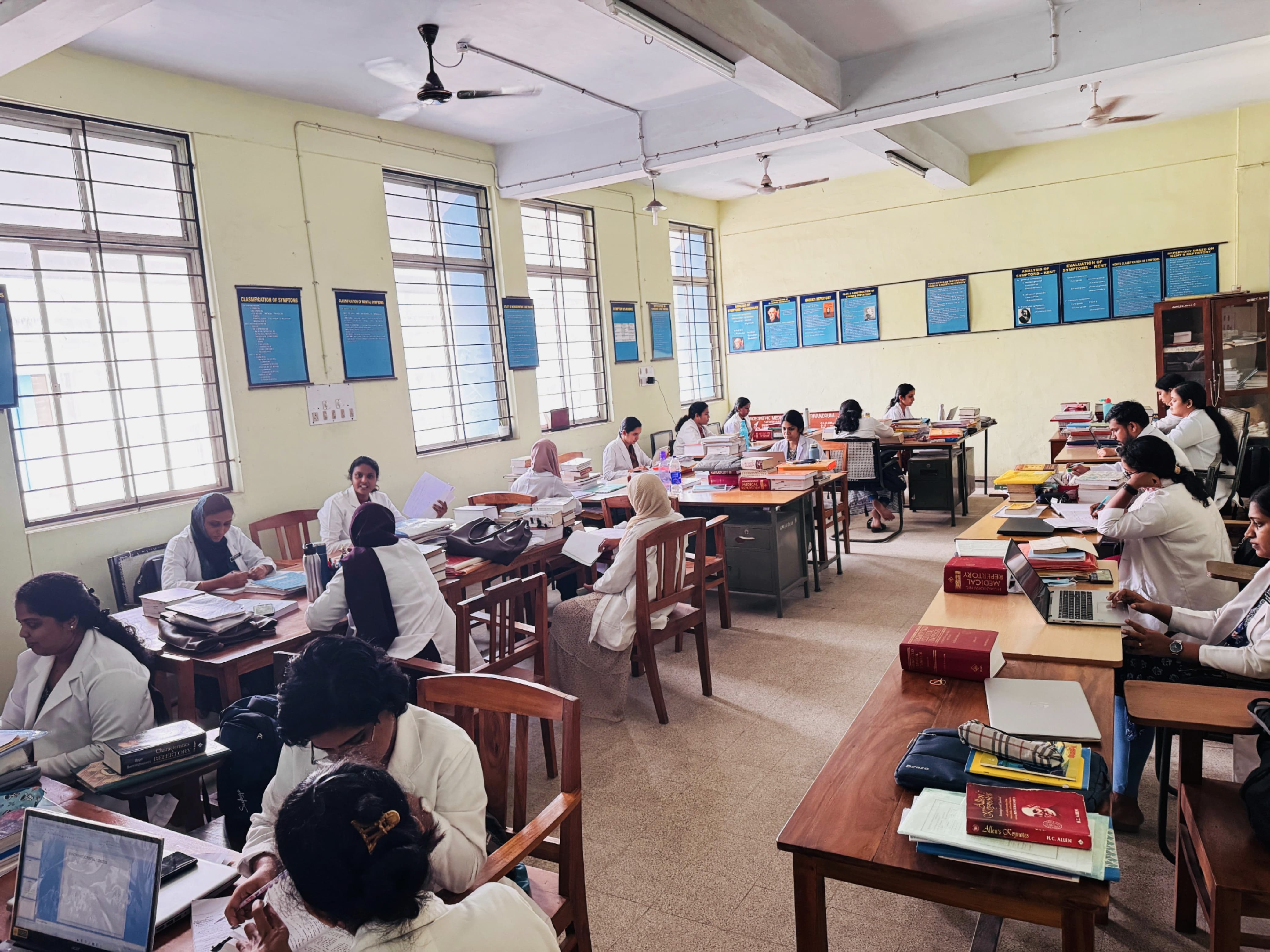
Clinical Postings : Mandatory clinical postings for UG students from second year in the OPD, where students perform case taking and apply repertory knowledge under faculty supervision.PG scholars are posted in both General OPD and Special OPD (Dermatology).
Seminars : Two seminars per day are done by PG scholars including recent journal reviews. Besides this , interdepartmental seminars are conducted among first year PG scholars on monthly basis.
Internship Training : Interns are trained to manage patient cases, track progress and decide treatment plan as needed. They are given a thesis topic to submit at the end of internship training which help in gaining practical experience ,building confidence and competence.
Student Achievements : Awards & Recognitions in paper presentations/poster presentation competitions.Publications by PG scholars in indexed homeopathic journals.
Participations : Student participation in homeopathic conferences, National/International webinars on repertory updates. They also participate in various cultural activities –drug drama, drug picture, essay competitions etc.
Infrastructure
Computer Laboratory & Software Facilities :
Licensed copies of RADAR, Hompath, ISIS, and other repertory tools for practical training.High-speed computers with latest repertory databases for case analysis.
Reference Library :
Comprehensive collection of classical and modern repertories (Kent, Boger, Boenninghausen, Phatak, etc.). Rare books, thesis of various years, and journals.
Repertory Museum – Honoring the Pioneers :
A unique highlight of our department is the Repertory Museum, dedicated to preserving the legacy of great repertory pioneers and their contributions to homeopathyalong with research posters on repertory advancements.
Seminar Hall & Smart Classrooms :
Interactive smart boards for repertory case discussions. Projectors for live demonstrations of repertorization techniques. Conference Facilities for hosting national seminars, workshops, and guest lectures.
Clinical Training Facilities :
Repertory OPD Wing and Dermatology OPD(Special OPD under Repertory Unit)- Repertory-based case-taking units for UG & PG students. Students perform live case taking and Repertorisation guided by OPD unit in charge.
Student Learning Spaces :
Discussion hub for student-led repertory study groups. Quiet space for self-study and repertory practice.
Research & PG Thesis Support :
Access to repertory comparison software for research projects. Facilities for data analysis, statistical tools, and thesis writing.

